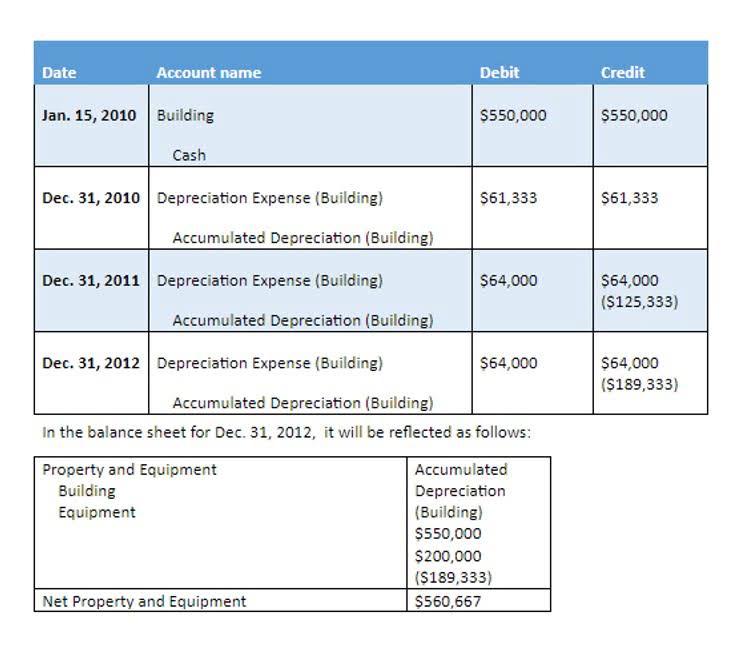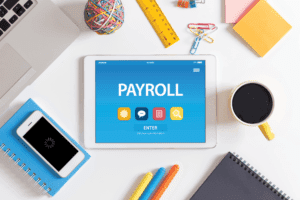Content

A sole trader is required to perform an annual self-assessment that must be prepared correctly and filed on time with HMRC. The self-assessment tax return will account for all income and profit made throughout the sole trader bookkeeping year and will also incorporate any expenses incurred and fees accrued. It is important for a sole trader to keep bookkeeping records throughout the year when it comes to the filing of their sole trader tax return.
Do sole traders have to do accounts?
As a sole trader, you need to keep business accounts just like any type of business. Contrary to popular belief, being a sole trader doesn't necessarily mean you work on your own (though you might) or that you don't have employees (though you might not).
Our team of experienced professional accountants deal with many types of businesses across the UK. They can assist you with all aspects of Sole Trading, keeping you motivated on your path to self-employed success. This free ‘starter kit’ will get users set up on the platform, after which they can add additional tools to their package, to manage everything from bookkeeping and payroll to tax. The product is fully customisable, meaning beyond the free starter kit, users will only pay for what they need. The new Sage Accounting plans are now fully up-and-running, with free tools available on sign-up.
No hidden fees.
FreshBooks offers simple cloud-based accounting software to help sole traders work faster and smarter. Let FreshBooks look after the financial health of your business so you can focus on delivering top-quality service to your https://www.bookstime.com/ clients. Get started today to send invoices, track expenses and accept online payments so you get your hard-earned money faster. With award-winning customer service, help is always just a quick email or phone call away.

We’ll listen to your needs and goals and recommend personalised services to help you achieve your objectives. Let us be your partner in success.Fill out the form below, and we’ll be in touch to arrange a consultation at a time most suitable for you. We provide our initial consultations via Zoom, phone or you can attend one of our offices.
How to choose a sole trader business name
The most common reason for registering as a sole trader is earning more than £1,000 from self-employment in the last tax year. You won’t have to include shareholders in your decision-making process, nor be concerned about regulations that limited companies need to abide by. Let’s take a couple of moments to review what we’ve learned about the final accounts of a sole trader or proprietor of a business. Anjan is the only owner of a family shop that sells sundries and other goods.
- Depending on the provider, your sole trader bank account may be opened on the same day that you apply.
- If you are self-employed part-time – say you work on your business in the evenings – you may not make many transactions in a month.
- Your clients save time and you get the financial security of knowing exactly when payments land in your account.
- This responsibility comes on top of everything else – like delivering products and maintaining excellent customer service.
- It’s important to get your tax affairs in order so you avoid penalties down the line.
Depending on the scope of your business, the cost can be still a few hundred pounds plus VAT. You can do your own bookkeeping and only engage an accountant to do your self-assessment or you can sign up for a regular service and have someone else to take care of your tax affairs. You’ll normally need to submit a Self Assessment tax return to tell HMRC about your self-employment income. They use this information to work out how much income tax and National Insurance you need to pay. Give your invoices a makeover with our customisable invoice templates, save time by invoicing customer groups all at once, and set up recurring invoices in a flash.
